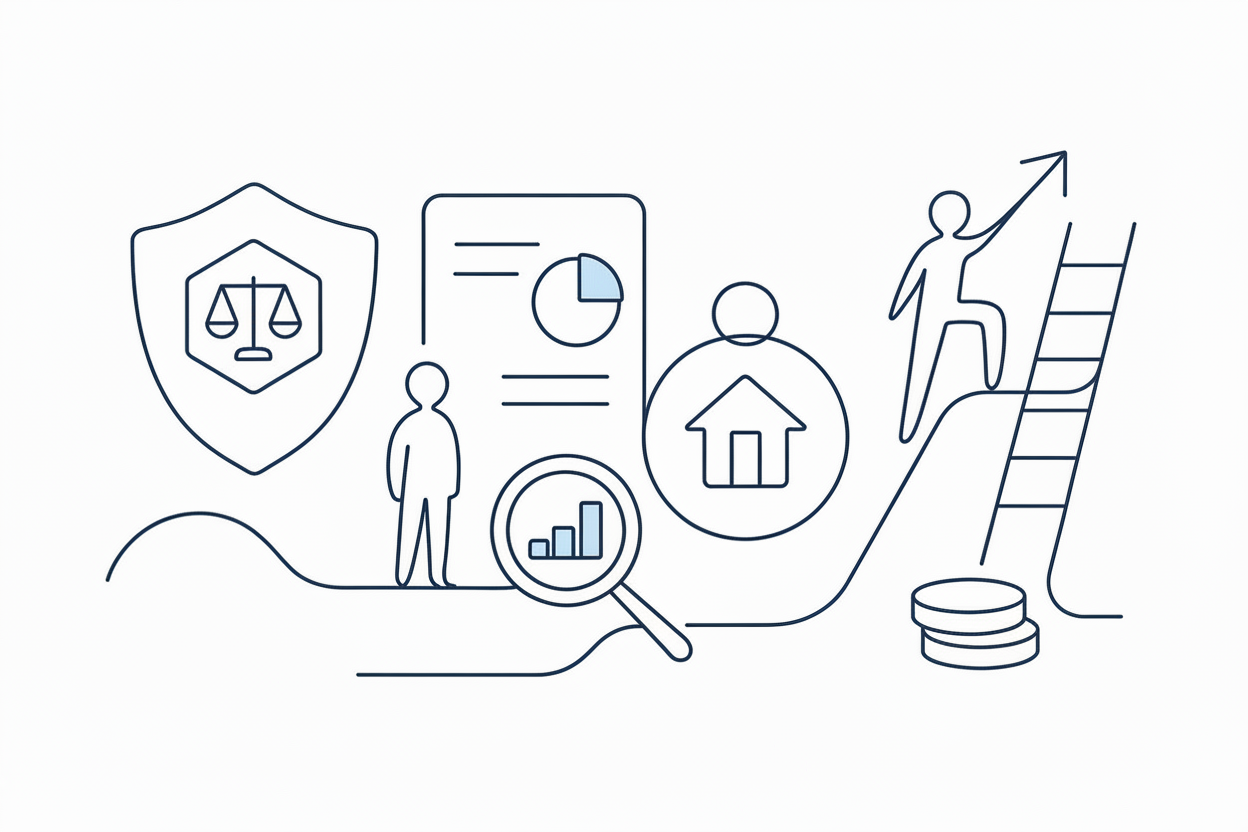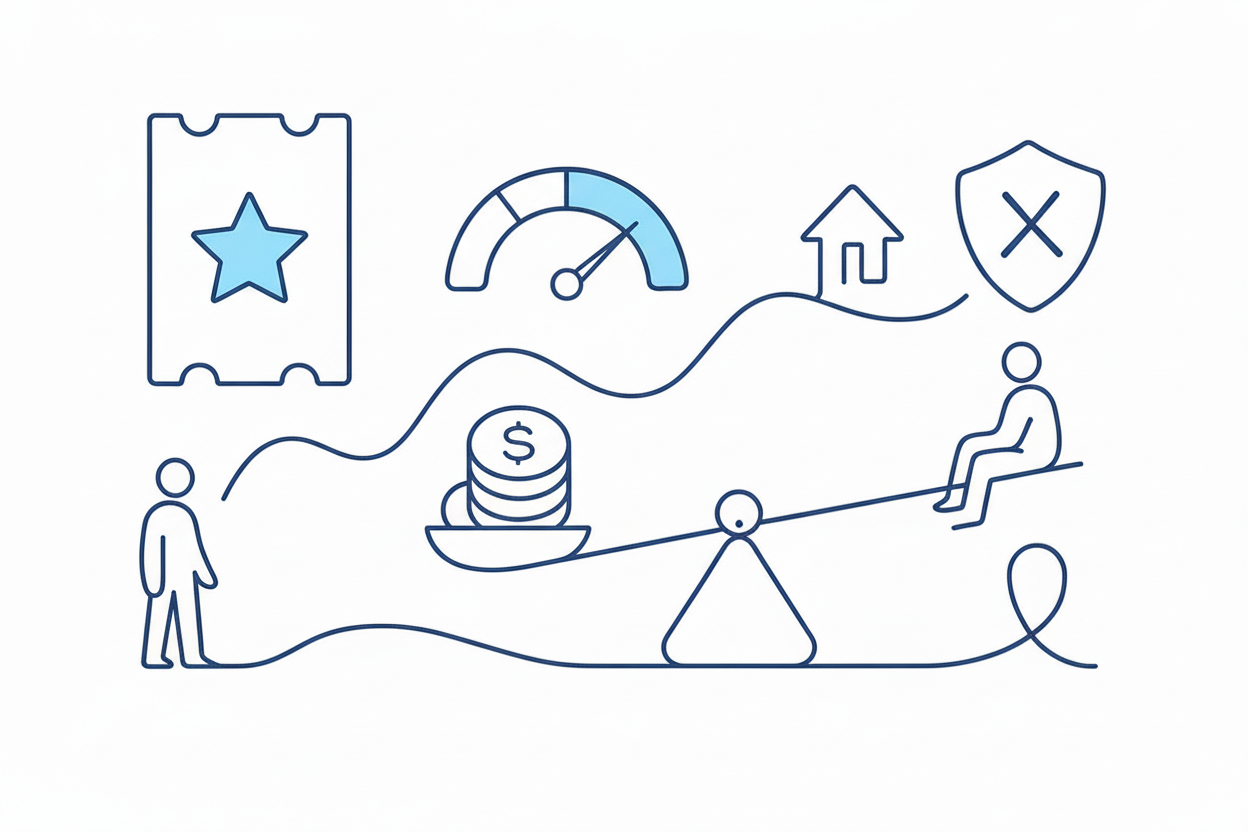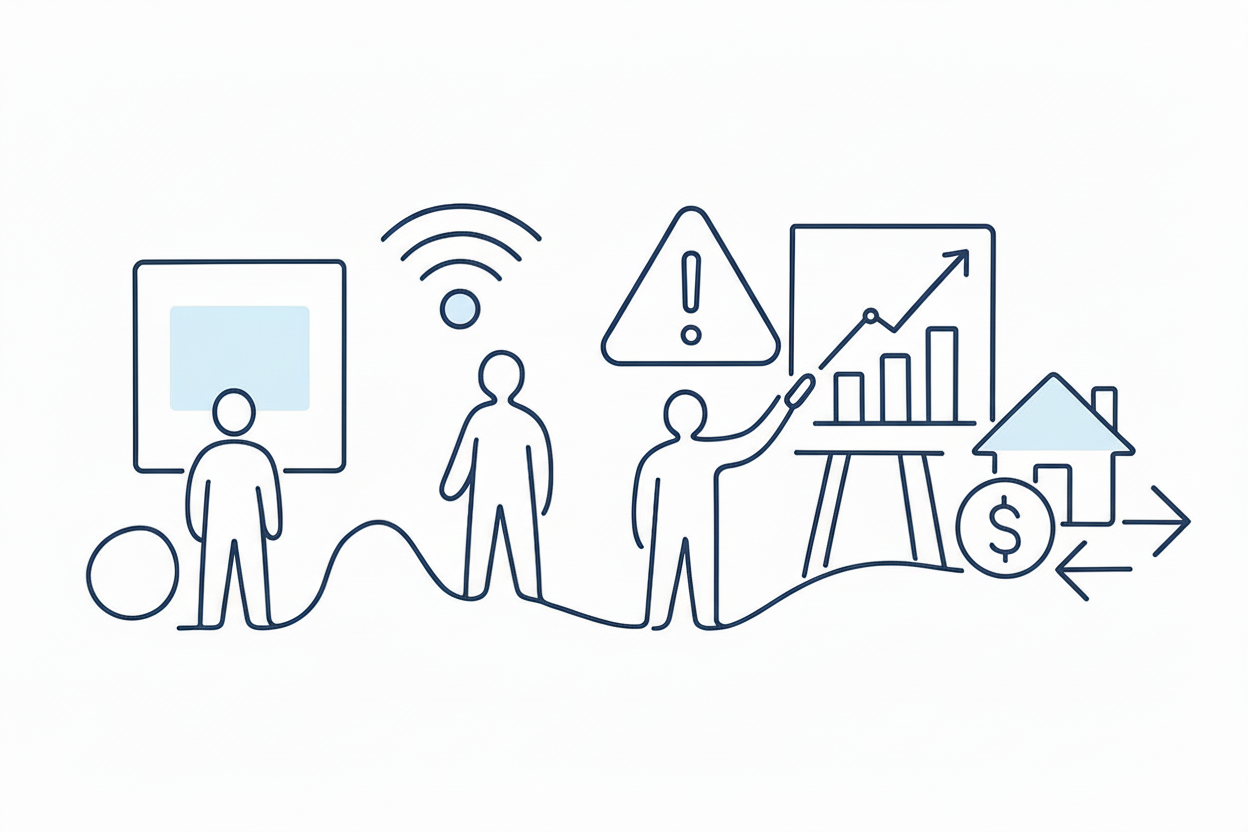How to Start Trading and Make Money with Zero Knowledge

Embark on your trading journey with zero knowledge by following this comprehensive guide. Learn the basics, practice with paper trading, develop a solid trading plan, and start trading with real money while managing risk and continuously improving your strategies.
Entering the world of trading can seem daunting, especially if you have no prior knowledge or experience. However, with the right approach and mindset, you can navigate this complex domain and gradually build your trading skills. This guide aims to provide you with a clear roadmap to start trading and make money, even if you are a complete beginner.
Step 1: Acquire Basic Knowledge
The first step in your trading journey is to acquire foundational knowledge about the markets, trading strategies, and risk management. This can be done through a variety of resources such as books, online courses, webinars, and reputable financial news websites.
Suggested Learning Path:
- Books: Start with beginner-friendly books like “Trading for Dummies” or “The Little Book of Common Sense Investing.”
- Online Courses: Websites like Coursera, Udemy, and Investopedia offer comprehensive courses on trading and investing.
- Webinars and Seminars: Attend webinars hosted by financial experts or trading platforms to gain insights into current market trends and strategies.
- Financial News: Regularly read financial news from sources like Bloomberg, CNBC, and Reuters to stay updated on market developments.
Step 2: Open a Trading Account
Once you have a basic understanding of trading, the next step is to open a trading account. Choose a brokerage that offers a user-friendly platform, low fees, and educational resources for beginners.
Steps to Open an Account:
- Research Brokers: Compare different brokers based on fees, trading platforms, and customer support.
- Complete Registration: Fill out the necessary forms and provide identification documents to open your account.
- Fund Your Account: Deposit the minimum required amount to start trading. Start with a small amount to minimize risk.
- Explore the Platform: Familiarize yourself with the trading platform, its features, and tools.
Step 3: Start with Paper Trading
Before risking real money, practice trading with a paper trading account. This allows you to simulate trades in real market conditions without financial risk. Most brokers offer paper trading accounts as part of their services.
Benefits of Paper Trading:
- Risk-Free Learning: Practice trading strategies without risking real money.
- Platform Familiarization: Get comfortable with the trading platform and its features.
- Strategy Testing: Test different trading strategies to see what works best for you.
Step 4: Develop a Trading Plan
A well-defined trading plan is crucial for success. Your trading plan should outline your goals, risk tolerance, preferred trading strategies, and criteria for entering and exiting trades.
Key Components of a Trading Plan:
- Goals: Define your short-term and long-term trading goals.
- Risk Tolerance: Determine how much risk you are willing to take on each trade.
- Trading Strategies: Choose strategies that align with your goals and risk tolerance.
- Entry and Exit Criteria: Establish clear criteria for when to enter and exit trades.
Step 5: Start Trading with Real Money
Once you feel confident with your paper trading experience, start trading with real money. Begin with small trades to manage risk and gradually increase your position size as you gain experience.
Tips for Real Money Trading:
- Start Small: Begin with small trades to minimize risk.
- Stick to Your Plan: Follow your trading plan and avoid impulsive decisions.
- Monitor Your Trades: Regularly review your trades and adjust your strategies as needed.
- Manage Risk: Use stop-loss orders and position sizing to manage risk effectively.
Step 6: Continuous Learning and Improvement
Trading is a continuous learning process. Stay updated with market trends, learn from your trading experiences, and continuously refine your strategies.
Strategies for Continuous Improvement:
- Review Your Trades: Regularly review your trading performance and learn from both your successes and mistakes.
- Stay Informed: Keep up with market news, economic indicators, and other factors that can impact the markets.
- Adapt and Evolve: Be willing to adapt your strategies based on market conditions and your evolving understanding of trading.
Conclusion
Starting to trade with zero knowledge can be challenging, but by following a structured approach and continuously learning, you can gradually build your trading skills and increase your chances of success. Remember to start with a solid foundation of knowledge, practice with paper trading, and develop a well-defined trading plan. As you gain experience, stay disciplined, manage your risk, and keep learning to improve your trading performance.




